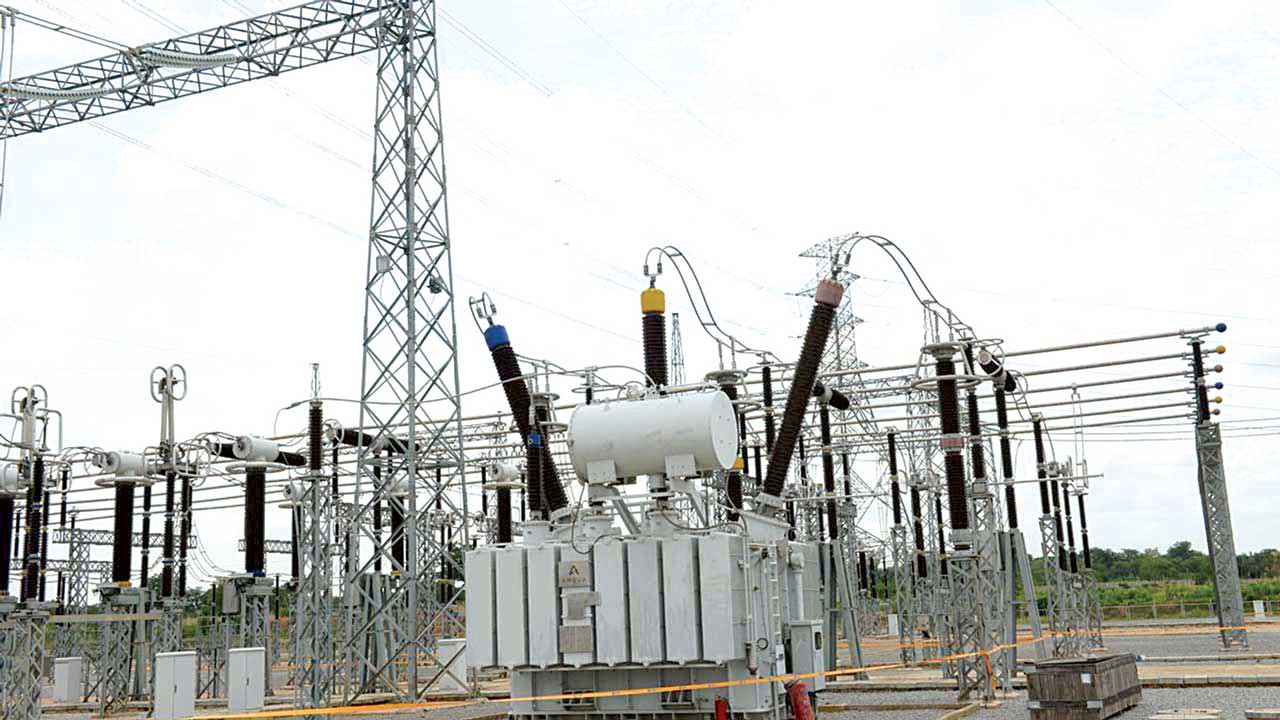
The Nigeria Association of Energy Economic (NAEE) has said that power supply in the country would not improve until industry operators ensure transparency in the energy sector.
Speaking in Abuja yesterday at the 4th Association’s World Energy Day, National President of NAEE, Professor Wumi Iledare stressed the need for transparency in the energy sector to boost electricity generation, transmission and distribution in Nigeria.
He noted that there is an urgent need for the streamlining of energy policies and frameworks that are scattered in many ministries and agencies of government.
“As a matter of urgency, the disparately scattered energy policies among Ministries, Departments and Agencies (MDAs) should be streamlined into a single legal framework for easy implementation and regulation.
“Institutional empowerment to govern the energy sector in a transparent and accountable manner is important. Without transparency, energy access will be impaired and economic growth negatively impacted,” he said.
Iledare stressed that transparency in energy resource management would help improve macroeconomic activities, strengthen institutional oversight and ensure efficiency in the energy sector.
To improve electricity supply to domestic users, he said the critical gap between rural and urban energy access should be addressed as urgently as possible through sustainable pricing regimes that guaranties reward for investor risks and sustainable access of consumers to power.
He also argued that if energy poverty is to be minimised for economic growth, a balanced energy supply mix is inevitable, saying a regionalised energy market structure is critical as global best practice.
He said sentiments and patronages, as basis for allocating energy services, will always lead to market failure and inefficiency in energy service delivery.
Iledare added that Nigeria ranks very low in energy supply among developing countries with over 40 per cent of the population lacking access to adequate electricity supply.
Providing insight into why poverty is spreading fast in Nigeria, Iledare hinted that lack of access to modern energy services tends to limit household purchasing power potential from income generating opportunities.



